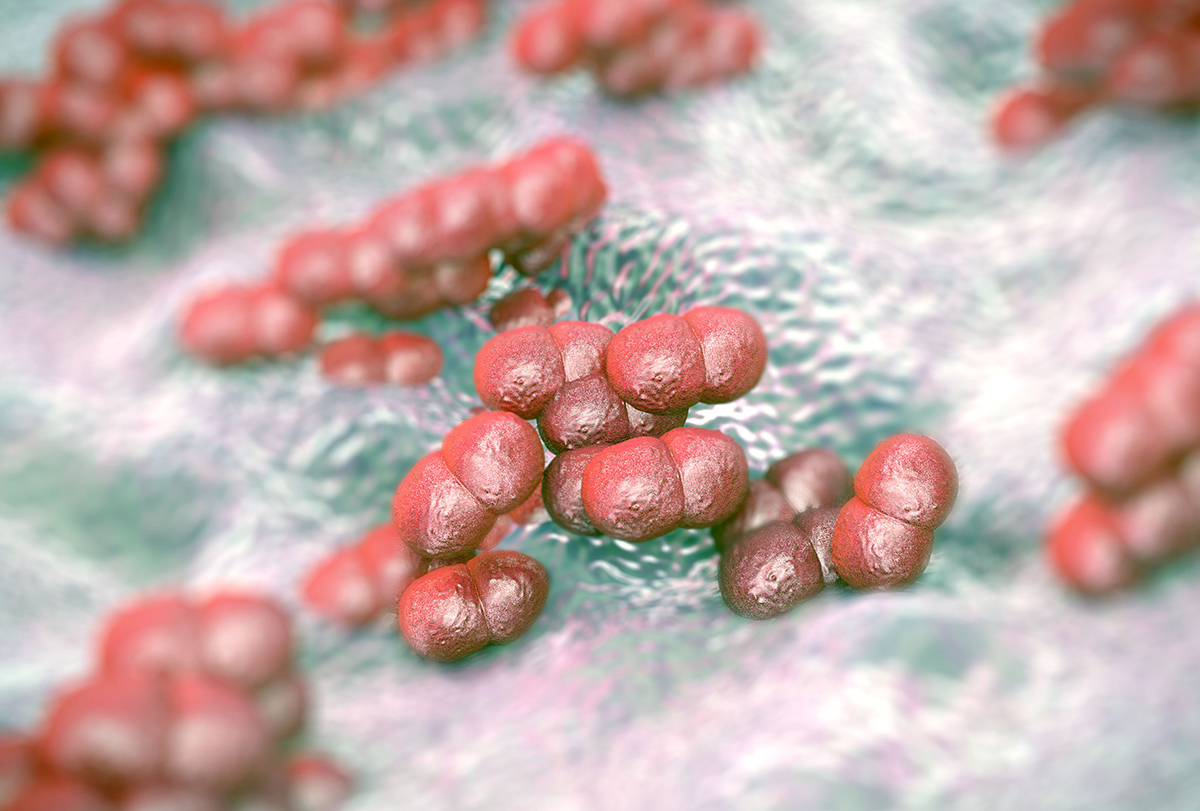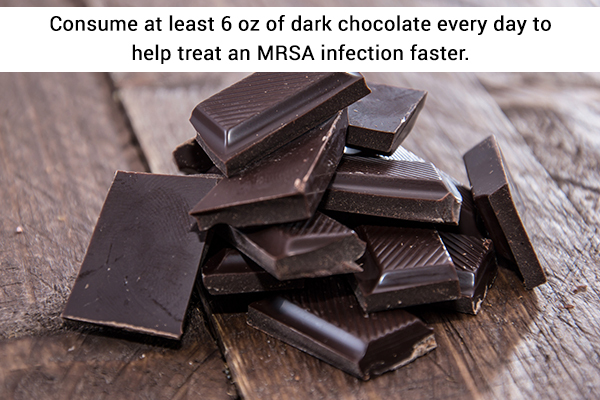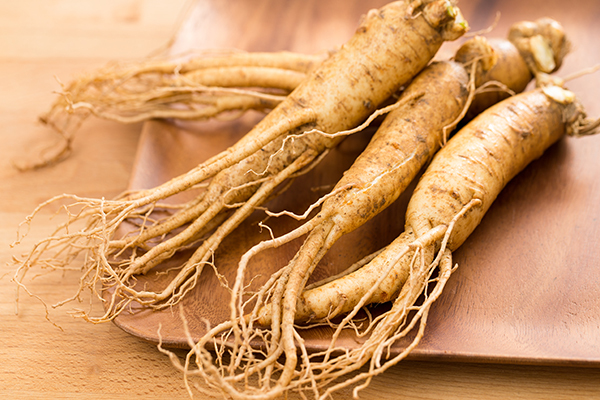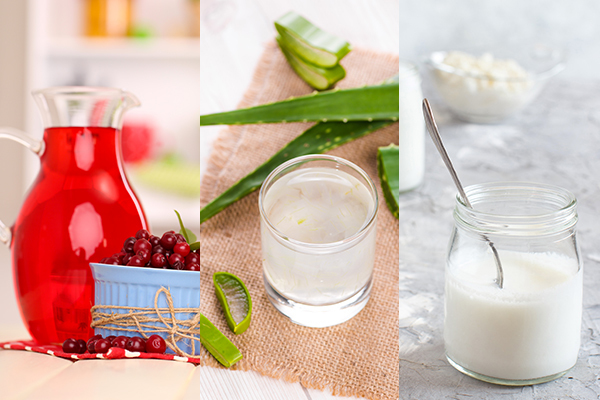In this article:
An MRSA infection is a skin infection caused by a specific type of Staphylococcus bacteria resistant to conventional antibiotics. (1)

MRSA stands for methicillin-resistant Staphylococcus aureus. This pathogen can be difficult to get rid of due to its antibiotic resistance, and infections can last longer than usual.
This article will provide a deeper look at this disease, its treatment options, and how to prevent it.
What Is an MRSA Infection?
Staphylococcus aureus are bacteria naturally found on the skin’s surface. They are harmless and usually a part of the skin’s flora.
However, in some cases, the bacteria may become resistant to antibiotics due to the overuse of antibiotic medications. They can enter the body via an open wound, a cut, or a scrape and cause an MRSA infection.
Home Remedies That Can Manage MRSA Infections Naturally
A few home remedies, herbs, and medicinal plants can help treat MRSA infections since the pathogen does not respond well to antibiotics.
1. Green tea (Camellia sinensis)
Green tea contains potent antimicrobial and antioxidant properties and can help stop the spread of infections. Green tea is filled with antioxidants, including epigallocatechin gallate (EGCG) and epicatechin gallate, that have been known to help fight respiratory MRSA infections in clinical studies.
How to use:
- Drink a cup of green tea every day in the morning after waking up to see its effects.
- Green tea can also be found in the form of capsules.
- Topical green tea ointments and creams are also helpful in treating skin infections.
2. Chocolate (Theobroma cacao)

Cocoa beans are also known to contain epicatechin gallate and EGCG – two compounds that have significant antibacterial properties and can help treat MRSA infections naturally.
How to use:
Consume at least 6 oz of dark chocolate every day to help treat an MRSA infection faster.
3. Tea tree (Melaleuca alternifolia) leaf oil
Tea tree oil is well known for its antimicrobial qualities. It can also be applied safely to the nose without any major side effects. Several research studies have been conducted on the benefits of using tea tree oil to treat MRSA infections.
How to use:
- Tea tree oil can be applied topically to the infected skin thrice a day to reduce symptoms.
- It can also be applied in the nasal passages.
Note: Tea tree oil should be applied intranasally only in people who do not have kidney or liver issues.
4. Asian ginseng (Panax ginseng) root

Asian ginseng (Panax ginseng) root has been found to contain antibacterial properties in some studies. It may help get rid of staphylococcus or at least slow down the infection.
How to use:
- You can consume 1–3 g of ginseng root powder every day.
- You can also drink 3 ml of tincture of ginseng root once a day.
5. Garlic (Allium sativum)
Garlic has been observed to kill MRSA bacteria in mice in clinical studies. It contains antioxidant, anti-inflammatory, and antibacterial properties that can be useful when fighting MRSA infections.
How to use:
- You can add 4–5 cloves of garlic to your diet every day.
- Garlic cloves are best taken early in the morning. (2)
In cases of severe MRSA infections, antibiotics are required.
6. Berry juice and aloe vera juice with probiotics

Cranberry juice and aloe vera juice are both filled with antimicrobial compounds that can help stop bacterial growth in the body. When used together, they can be pretty beneficial in patients with MRSA infections.
Probiotics are “good bacteria” that can help fight pathogens in the body. A combination of these two treatments may help your body heal itself sooner. (3)(4)
How to use:
- Mix aloe vera juice and cranberry juice together and have half a glass every day.
- You can take multiple probiotics in a day to help flush out the pathogen from your system with the use of beneficial bacteria. Always consult a doctor before starting any probiotics for the correct dosage.
MRSA Infection: Cause and Spread
Staphylococcus aureus are commonly found on the skin surface and may lead to a problem only when they enter the skin via an open wound or a cut.
They can generally cause infections when a wound is touched by unwashed or unsanitary hands. The bacteria can spread to other tissues of the body such as the blood and bones and cause life-threatening infections if left untreated.
MRSA infections are more commonly seen in people with a weakened immune system, such as people on hemodialysis and those with cancer, AIDS, etc.
Signs and Symptoms of an MRSA Infection
Staphylococcus skin infections can manifest in the form of painful red boils.
Classic symptoms of MRSA infections are:
- Swelling
- Redness and irritation
- Painful boils
Severe infections can cause:
- Fever
- Dizziness
- Shivering
- Body pains
However, some people may be asymptomatic and not realize they have been infected.
Treatment for MRSA Infections

Treatment for MRSA infections usually revolves around two factors: getting rid of the bacteria on your skin to prevent recurrence and antibiotic treatment of the infection. (5)
1. Decolonization of bacteria
You may be asked to shower using antibacterial soaps and shampoos for a while. In some cases, doctors prescribe antibacterial creams for use on the skin and inside the nose.
All your clothes, sheets, etc., need to be washed every day with an antibacterial laundry detergent.
2. Antibiotic treatment
Your doctor will prescribe an antibiotic treatment for a few days or weeks. The antibiotics can be given in the form of tablets or as injections depending on the severity of your infection. Commonly prescribed antibiotics for the treatment of MRSA are vancomycin and daptomycin.
Diagnosing an MRSA Infection
If you suspect you have a bacterial skin infection, you should visit a dermatologist. The dermatologist will assess your symptoms and ask you to undergo a screening test.
The screening test is performed by collecting a sample from your rash or blood. This sample is tested for different bacteria. If staphylococcus is found, then it is tested for antibiotic resistance to determine an MRSA infection. (5)(6)
When to See a Doctor
Contact a doctor immediately if:
- You notice red streaks on your wound (this can mean an infection is spreading to the blood).
- You have a fever or chills.
- Your skin injury does not heal normally.
Most-Asked Questions About MRSA Infections
What are the risk factors for MRSA?
People who are at risk of MRSA are:
- Tattoo artists and tattooed people
- People with immunocompromised bodies such as people undergoing dialysis and those with cancer and AIDS patients
- People who overuse antibiotics without prescription
How to prevent an MRSA infection?
- Wash your hands before touching a cut or wound.
- Maintain proper hygiene.
- Wash your towels and sheets regularly.
What other infections can be confused with an MRSA infection?

Impetigo is a skin condition that can be confused with an MRSA infection. A doctor will be able to diagnose you correctly.
Can I use manuka honey to treat an MRSA infection?
Manuka honey is a useful natural treatment for skin infections and wounds.
Is turmeric helpful in MRSA infections?
Turmeric can be taken orally to help treat an MRSA infection faster.
Final Word
Research on herbs and natural treatments to prevent or treat MRSA infection is a burgeoning field with many promising early results, according to researchers. Although more research is needed, clinicians do have some natural options to add to their approach to MRSA infections.
Please contact your doctor immediately in cases of severe infection. The key to preventing this infection is maintaining good hygiene, proper washing of your hands with soap, and regular sanitization of your hands.
- Was this article helpful?
- YES, THANKS!NOT REALLY


